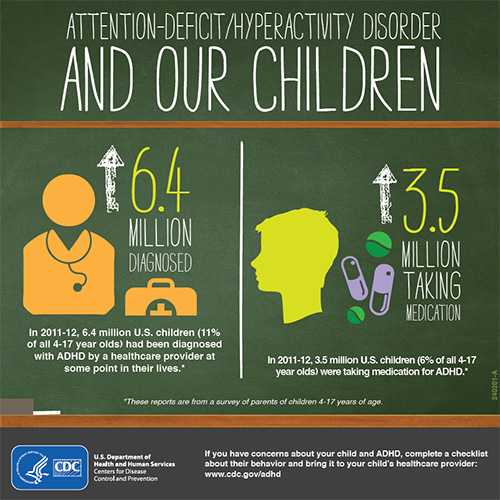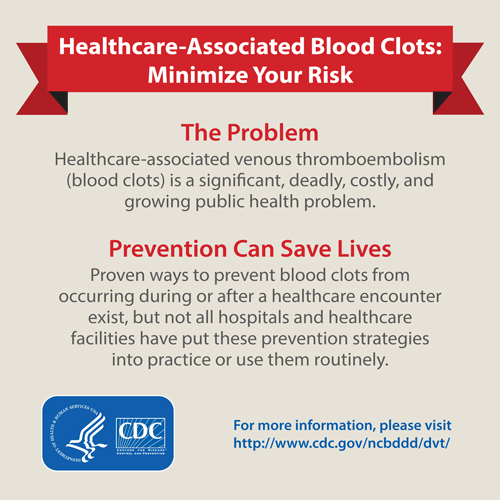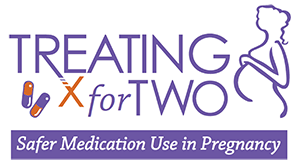What We Do

View or Print Fact Sheets
The National Center on Birth Defects and Developmental Disabilities (NCBDDD) strives to advance the health and well-being of our nation’s most vulnerable populations. Although our efforts are broad and far-reaching, we have identified four critical Center-level thematic areas:
- Saving babies through birth defects prevention and research
- Helping children live to the fullest by understanding developmental disabilities
- Protecting people by preventing the complications of blood disorders
- Improving the health of people living with disabilities
Saving Babies through Birth Defects Prevention and Research
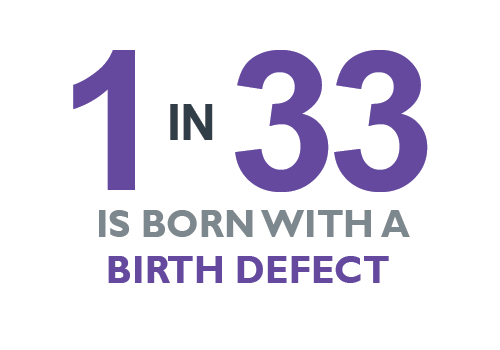
Birth defects are common, costly, and critical. Our unique state-based birth defects tracking and public health research provide a wealth of information that we use to identify causes of birth defects, find opportunities to prevent them, and improve the health of those living with birth defects. Together with states, academic centers, healthcare providers, and other partners, we are working towards a day when all babies are born with the best health possible and every child thrives.
Learn more about saving babies
Helping Children Live to the Fullest by Understanding Developmental Disabilities
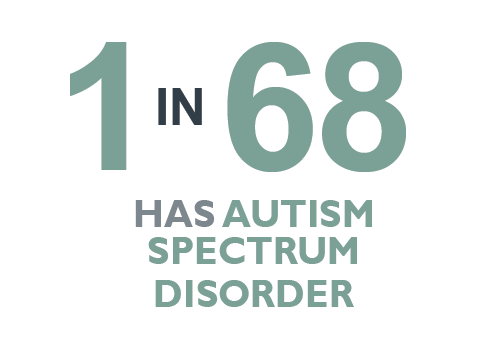
Autism and other developmental disabilities are some of the most significant child health issues facing families and our nation today. We’ve accelerated our search for the causes of autism and ways to address the needs of families and communities. Our tracking system provides an accurate picture of autism across the United States, and we conduct the largest study of its kind to better identify risk factors and causes. Better tracking, research, and improved early identification are leading us to a better understanding of autism and better results for children. These data will drive national, state, and local policy and planning activities to help children and their families get the help and support they need.
Learn more about helping children
Protecting People and Preventing Complications of Blood Disorders
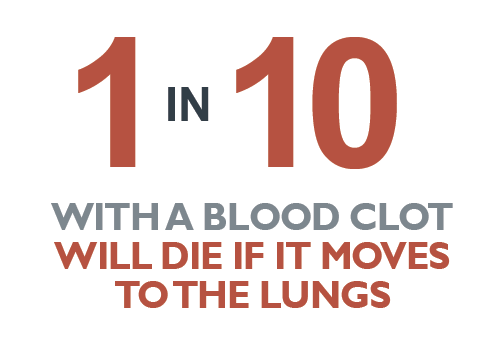
Blood disorders affect millions of people each year in the United States, cutting across the boundaries of age, race, sex, and socioeconomic status. With proper preventive actions and early intervention, many of these disorders and their complications could be eliminated. We are dedicated to helping people with blood disorders by contributing to a better understanding of blood disorders and their complications; working to develop, implement and evaluate prevention programs; helping consumers and health care providers get the information that they need; and encouraging action to improve the quality of life for people living with or affected by these conditions.
Learn more about protecting people
Improving the Health of People with Disabilities
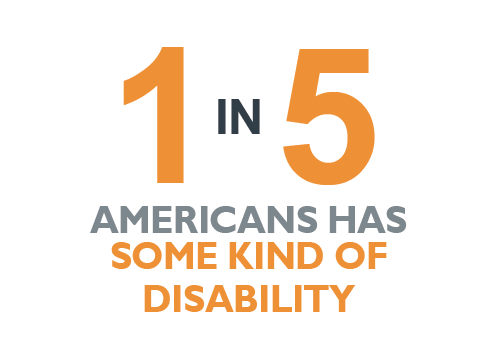
People with disabilities need health care and health programs for the same reasons anyone else does – to stay well, active, and a part of the community. We work to make sure that no one is left behind; that people of all different abilities are able to live their life to the fullest. When children and adults with disabilities receive needed programs, services, and health care they can have an improved quality of life and experience independence. We want to make every person count and are committed to equity in health of people with disabilities at every stage of life.
Learn more about improving health
Strategic Health Initiatives
NCBDDD has three Strategic Health Initiatives. Our work in these areas will accelerate the Center’s public health impact:
- Page last reviewed: April 12, 2017
- Page last updated: April 12, 2017
- Content source:


 ShareCompartir
ShareCompartir
